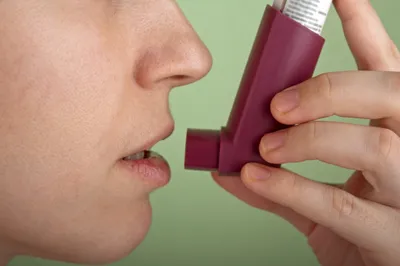
The report, which comes from Asthma UK, says many people employ poor technique when using inhalers, auto-injecters, and other devices designed to help alleviate health issues associated with asthma and allergies. To help rectify the issue, Asthma UK and Allergy UK are calling on healthcare professionals to provide better training for patients told to use these devices.
This is not the first report of its kind. Recently, a United States-based study found that only 16 per cent of adrenalin auto-injector users were employing the device properly — even though they can be very dangerous when used improperly. The same study showed that less than one in ten asthma sufferers were using inhalers properly, meaning most patients were not seeing significant improvements as a result of using the devices.
Health experts say many people hold these devices improperly or fail to hold them in place for enough time. For example, adrenalin auto-injectors must be held in place for at least ten seconds so that the adrenalin can effectively penetrate the skin.
Experts believe that patients must be repeatedly shown how to use such devices. That means healthcare professionals carrying out initial demonstrations and then repeating those demonstrations during later visits. According to University of Texas researcher Dr. Rana Bonds, many patients “forgot the instructions over time”.
Asthma UK research director Dr. Samantha Walker says it’s worth making sure patients understand the devices they are prescribed.
“Asthma-prescribing is one of the most expensive areas of cost for the [National Health Service], costing almost £1 [billion] annually,” Walker said. “You wouldn’t give someone a new car without them having driving lessons first, so if you are going to invest in prescribing a lifetime of asthma medicines, it’s crucial that healthcare professionals ensure that their patients know how to use them.”



